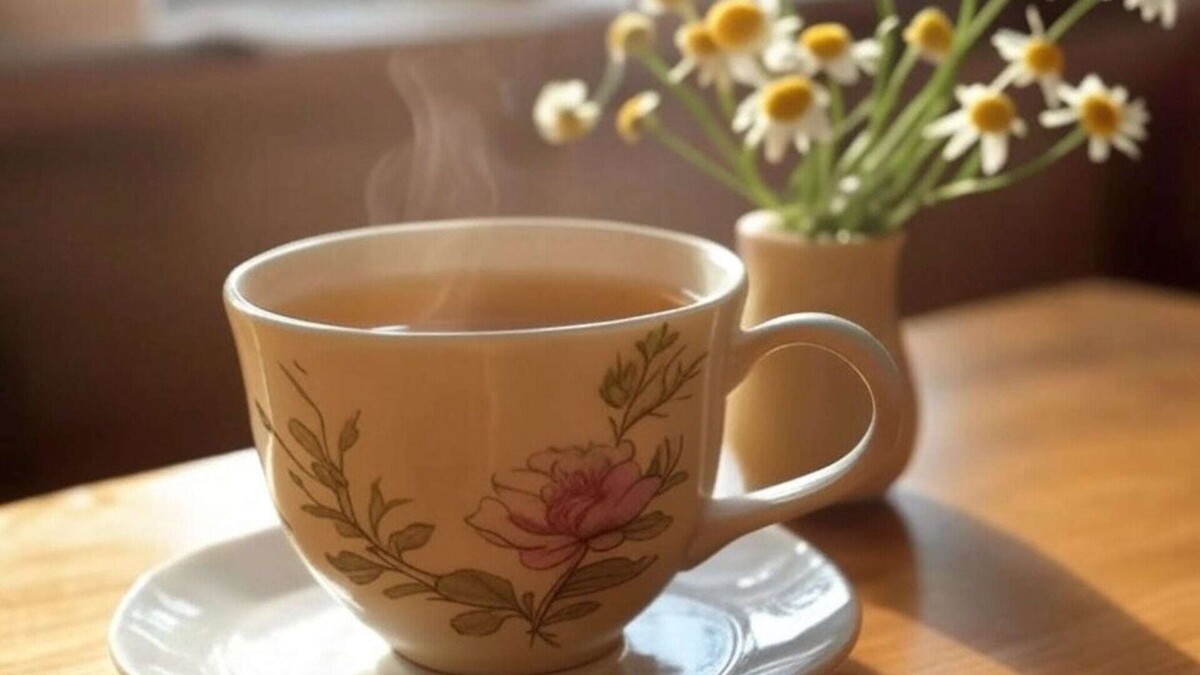
Harvard Medical School highlights that several infusions can have positive health effects, including ginger tea, recognized for its anti-inflammatory properties and its ability to relieve nausea.
Herbal infusions, known as herbal teas, have been used for centuries for their medicinal properties. It is essential to consume them in moderation and consult a doctor before regularly incorporating them into the diet, especially if there are pre-existing health conditions.
Regarding chamomile tea, valued for its relaxing and anti-inflammatory properties, it is known to reduce the risk of heart disease, support the immune system, and possibly protect against some types of cancer. However, people allergic to pollen should avoid it.
Hibiscus tea, made from hibiscus flowers, is rich in antioxidants and has antiviral properties, being effective against some strains of avian flu. It has been shown to reduce blood pressure and levels of bad cholesterol.
It is worth mentioning that the term "herbal tea" refers to infusions of herbal teas, which are mixtures of herbs, flowers, nuts, or spices prepared in hot water, unlike traditional tea made from plant leaves.
Despite the limitation in specific studies on ginger tea, research suggests that this root may strengthen the immune system, improve gastrointestinal function, alleviate pain and inflammation. It may also help treat metabolic syndromes and relieve symptoms of premenstrual syndrome.














